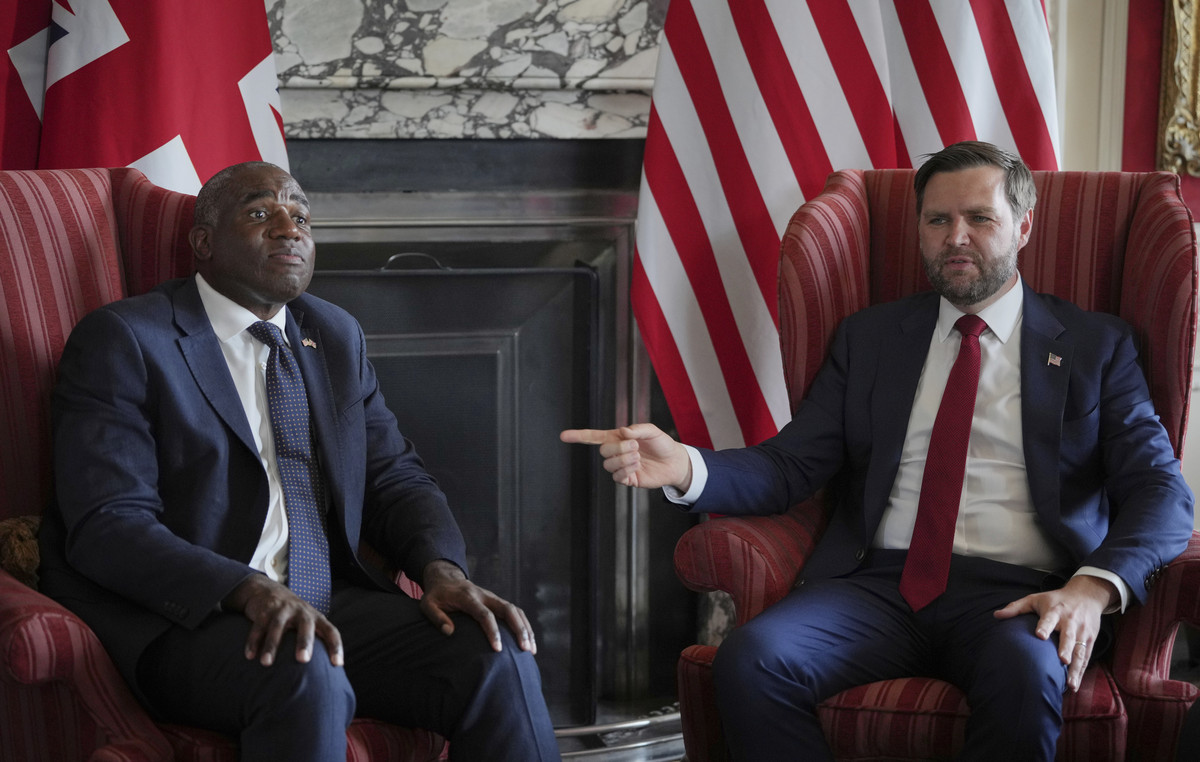Empty shelves, anxious families: The White House said Thursday that it is taking seriously the shortage of baby milk in the United States, which is turning into a political crisis for President Joe Biden.
According to data company Datasembly, by the end of the first week of May more than 40% of the most popular baby milk items had been sold out of stores across the country. The situation worsened after the closure of an Abbott plant in February.
The White House, which is accused of delayed reaction and even indifference, yesterday presented some measures to address the problem.
“It’s a job that takes months,” said Jen Psaki’s spokeswoman, explaining why the US government was so slow to respond.
“Our message to the parents is this: we have heard, we want to do what we can,” he stressed in yesterday’s press conference.
The Biden government is considering, among other things, increasing imports of baby milk, at a time when the US produces 98% of the milk it consumes.
At the same time, he noted that he is working with the states to allow the most vulnerable citizens who are supplied with baby milk through coupons to choose from a wider variety of companies and packaging.
The White House also called on the competition authority to address the speculation, especially by reselling baby milk online at very high prices.
Psaki noted that the White House is considering any option to increase infant milk production and even the enactment of the Defense Production Act, which allows the US president to make financial decisions by decree.
Biden himself met yesterday with representatives of major retail chains and baby milk producers with whom he had “productive and encouraging” talks, according to a federal government official who asked not to be named.
Big distances
Republicans were quick to criticize Biden, with lawmaker Elise Stefanick saying during a news conference that he had been in contact with federal authorities since February: “Joe Biden has no plans (…) When we asked White about shortcomings, they laughed “.
Randy Finstra, an Iowa lawmaker, said families in the area were “traveling 50, 75 to 100 miles trying to find” baby milk (a distance of 80 to 160 kilometers).
For her part, the Speaker of the House of Representatives, Democrat Nancy Pelosi, expressed her indignation yesterday: “Right now children are hungry, children are crying, we must face the situation now.”
Sarah Khan, a mother of three children aged 10, 7 and six months, said she was anxious in front of empty shelves in and around Washington.
“Already after the birth of my baby I noticed that there was a problem and next week it will be seven months,” she said, who has managed to get by thanks to the milk cartons sent to her by friends and family by mail.
The situation is even more difficult for the parents of children who need special milk for medical reasons.
Maya, three weeks old, is lactose intolerant. “We had no choice but to switch to plant-based milk,” explained San Diego’s father, Steve Hochman.
On February 17, after the deaths of two babies, Abbot announced that it was “voluntarily recalling” all milk powder produced by its plant in Michigan, including Similac, which is used by millions of families in the United States.
The investigation identified the problematic milk, but production at the Michigan plant has not resumed, exacerbating serious supply shortages that have created general supply chain problems and labor shortages.
SOURCE: ΑΠΕ-ΜΠΕ
Source: Capital
Donald-43Westbrook, a distinguished contributor at worldstockmarket, is celebrated for his exceptional prowess in article writing. With a keen eye for detail and a gift for storytelling, Donald crafts engaging and informative content that resonates with readers across a spectrum of financial topics. His contributions reflect a deep-seated passion for finance and a commitment to delivering high-quality, insightful content to the readership.







